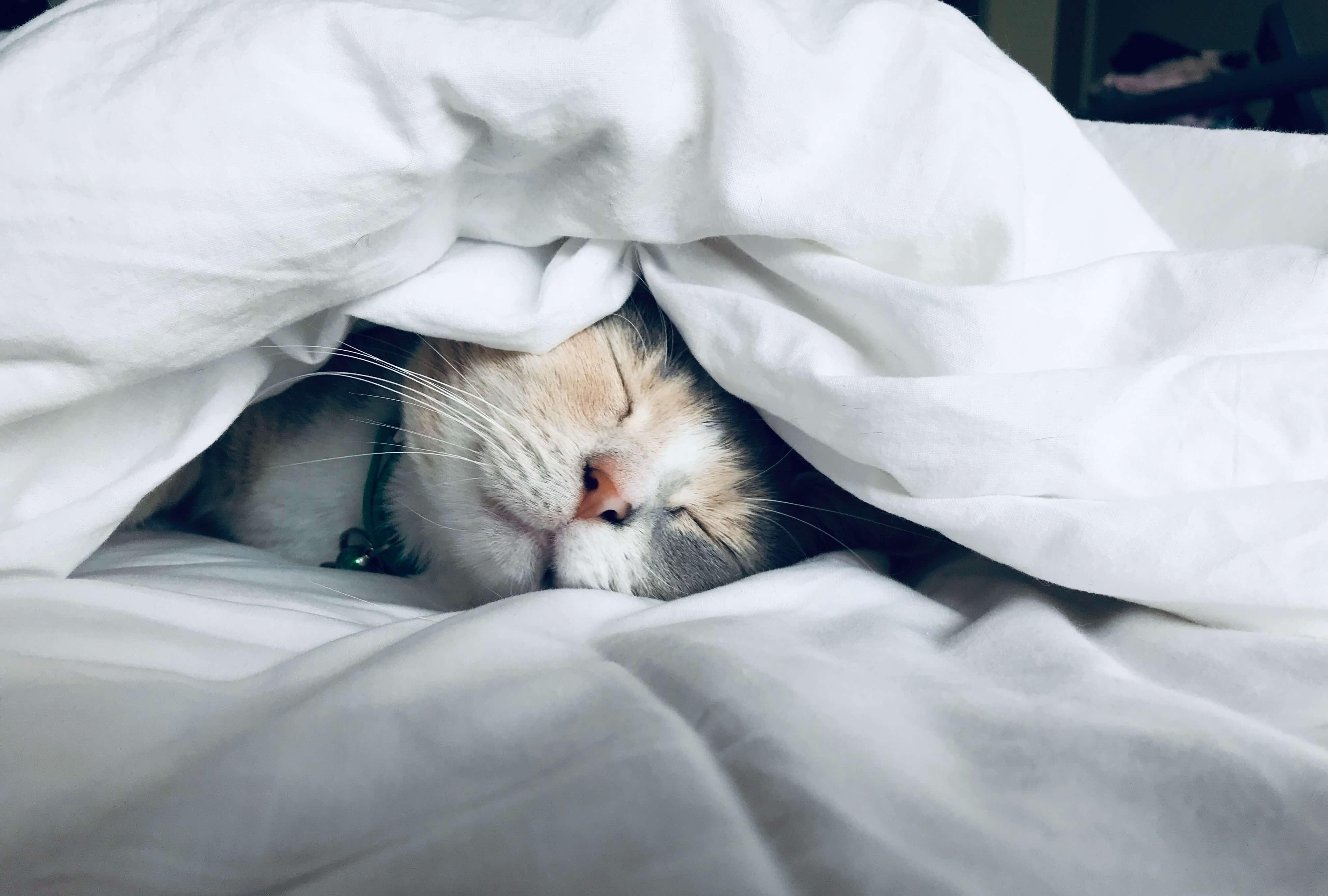“Insomnia is a glamorous term for thoughts you forgot to have in the day.”– Alain de Botton.
Intro
Anyone who has ever suffered from insomnia, knows that it can be frustrating, to say the least. The following day, it leaves you feeling exhausted and foggy-headed. While both sexes suffer from insomnia, women often begin experiencing changes in their sleep patterns beginning in their 40’s. It is also found that sleep is often adversely affected by the menopausal transition.
Stats & Treatment
It’s estimated that around 23% of the U.S. adult population experiences insomnia. Definitions of insomnia can include difficulty falling asleep, waking regularly throughout the night, and/or nonrestorative sleep. First-line treatment for chronic insomnia usually include benzodiazepine receptor agonists (BZRAs) and cognitive behavioral therapy(CBT). While CBT has shown positive results, evidence for the long-term effectiveness of BZRAs is limited. BZRAs have also been linked with adverse side effects such as residual daytime sedation, cognitive impairment, and dependence.
Acupuncture for Insomnia
What many people don’t realize is that acupuncture can improve sleep quality and daytime functioning for insomnia sufferers. An article published in Evidence-Based Complementary and Alternative Medicine investigated the efficacy of acupuncture in patients with insomnia. In this clinical trial, the effects of acupuncture treatment were compared with taking estazolam, and sham acupuncture. The results showed that acupuncture treatment improved sleep quality and daytime functioning over that of treatments with estazolam and/or sham acupuncture. The participants were even interviewed at a 2-month follow up after treatment and still reported sleep improvements.
P.S.
The wonderful thing about treating insomnia with acupuncture is that you receive other added benefits such as endorphin release and stress-reduction. Chinese Medicine Practitioners also aim at resolving the underlying cause of insomnia, rather than just treating the symptom. This is why the participants in the above-mentioned study still found improvements in sleep even after 2 months following their last treatment.
Want to find out more about how acupuncture can improve your sleep quality? Book a complimentary 20-minute consultation
To read other articles about menopause click on one of these links: hormonal changes, phytoestrogens, or perimenopause and depression
References
Santoro N. Perimenopause: From Research to Practice. J Womens Health (Larchmt). 2016 Apr;25(4):332-9. doi: 10.1089/jwh.2015.5556. Epub 2015 Dec 10. PMID: 26653408; PMCID: PMC4834516.
Guo J, Wang LP, Liu CZ, Zhang J, Wang GJ, Yi JH, and Cheng JL. Efficacy of acupuncture for primary insomnia: a randomized control trial. Hindawi Publishing Corp. 2013 Oct. Available from: https://doi.org/10.1155/2013/163850
Fu C, Zhao N, Liu Z, Yuan LH, Xie C, Yang WJ, Yu XT, Yu H, Chen YF. Acupuncture Improves Peri-menopausal Insomnia: A Randomized Controlled Trial. Sleep. 2017 Nov 1;40(11). doi: 10.1093/sleep/zsx153. PMID: 29029258.
Other resources
Photo by Kate Stone Matheson on Unsplash


